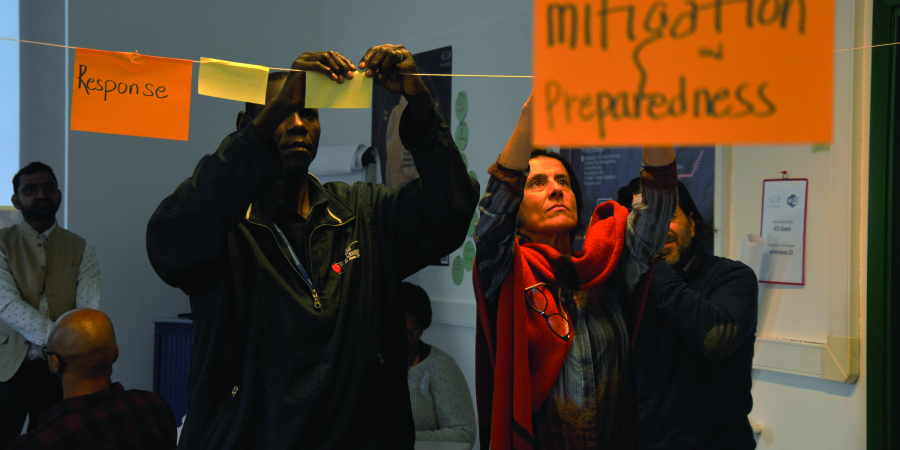
Call for Abstracts: Showcasing Innovation in Disaster Risk Reduction and Preparedness for Cultural Heritage
We invite you to share your story of change and be part of a global conversation on innovative approaches to disaster risk reduction.

We invite you to share your story of change and be part of a global conversation on innovative approaches to disaster risk reduction.
From 25 to 29 August 2025, 34 professionals from Kazakhstan, Kyrgyzstan, Tajikistan, Uzbekistan and Turkmenistan gathered in Almaty, Kazakhstan, for a regional training on strengthening disaster risk reduction and emergency preparedness for culture. Jointly organized by UNESCO Almaty and ICCROM through its flagship First Aid and Resilience for Cultural Heritage in Times of Crisis (FAR) Programme...
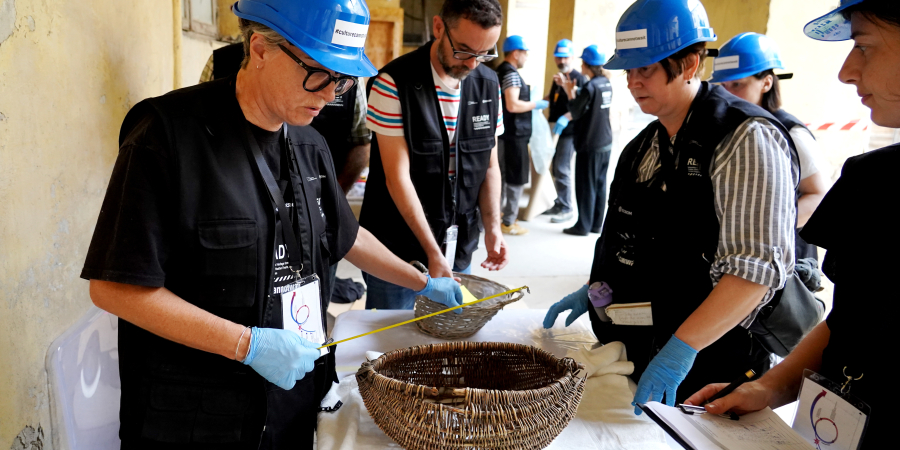
READY programme equips heritage professionals with tools for disaster risk management, resilience, and cultural first aid.
Phase 2 of READY Track 01 brings together 25 participants from over 20 countries in Latvia for hands-on training to strengthen skills, coordination, and resilience in protecting cultural heritage from disasters, extreme weather, and armed conflicts.
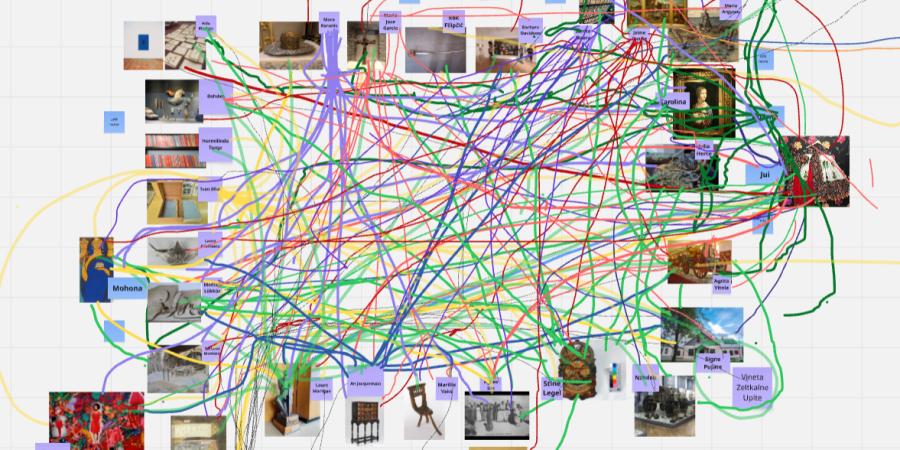
We are living in an era of polycrisis—a convergence of interconnected crises that trigger cascading and compounding impacts. The COVID-19 pandemic, climate change-driven extreme weather events, disasters, economic instability, and ongoing armed conflicts are far from isolated incidents. They deeply interact with vulnerabilities embedded within our social, political, and cultural systems, producing...

Are you exploring how AI is reshaping the way we experience, preserve and share cultural heritage? Join us to learn, re-imagine, and co-create solutions to keep culture alive and resilient in a rapidly changing world.
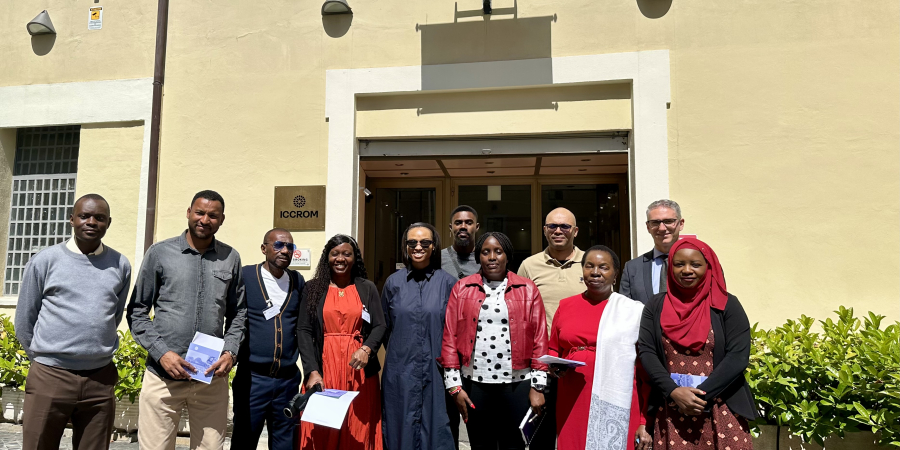
Today, ICCROM was pleased to welcome officials from the Ministries of Culture of several African Union Member States, currently participating in the 5th African Union Commission Course. The course is organized by the Carabinieri Command for the Protection of Cultural Heritage, with support from the Italian Ministry of Foreign Affairs.
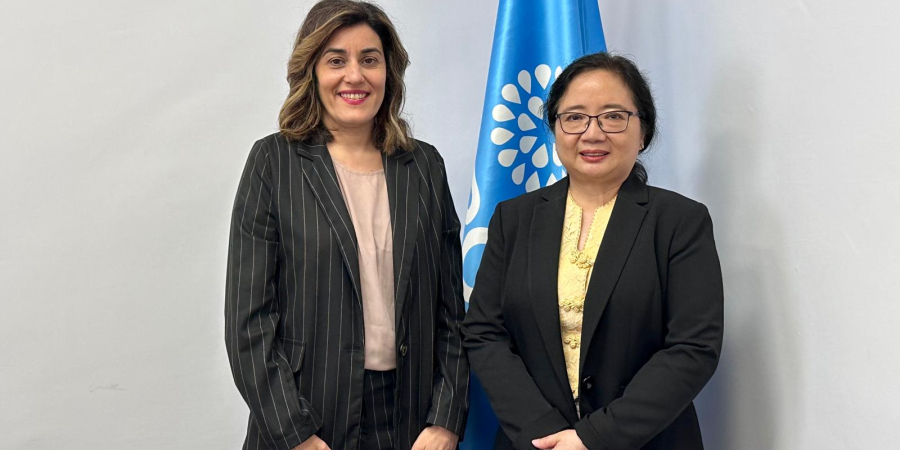
ICCROM Director-General Aruna Francesca Maria Gujral had the honour of welcoming H.E. Mrs. Hmway Hmway Khyne, Ambassador of Myanmar to Italy, on 30 April 2025.